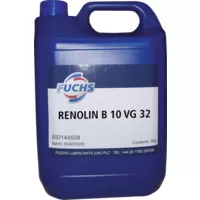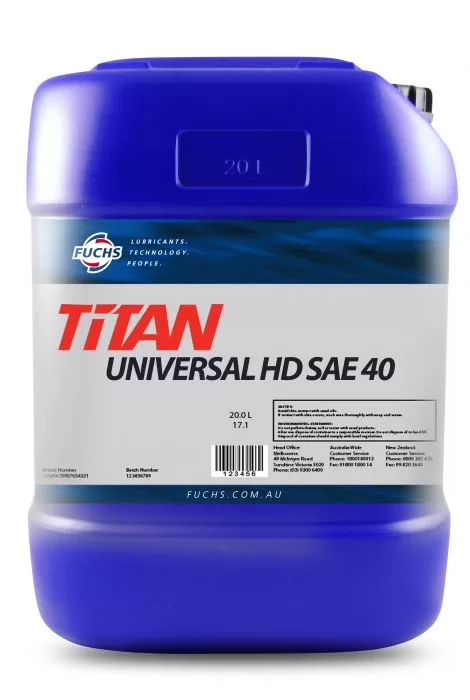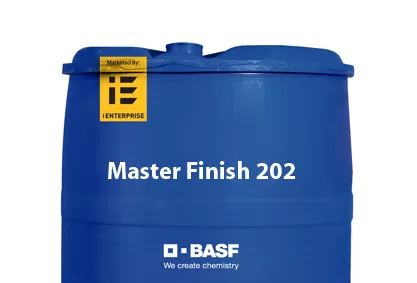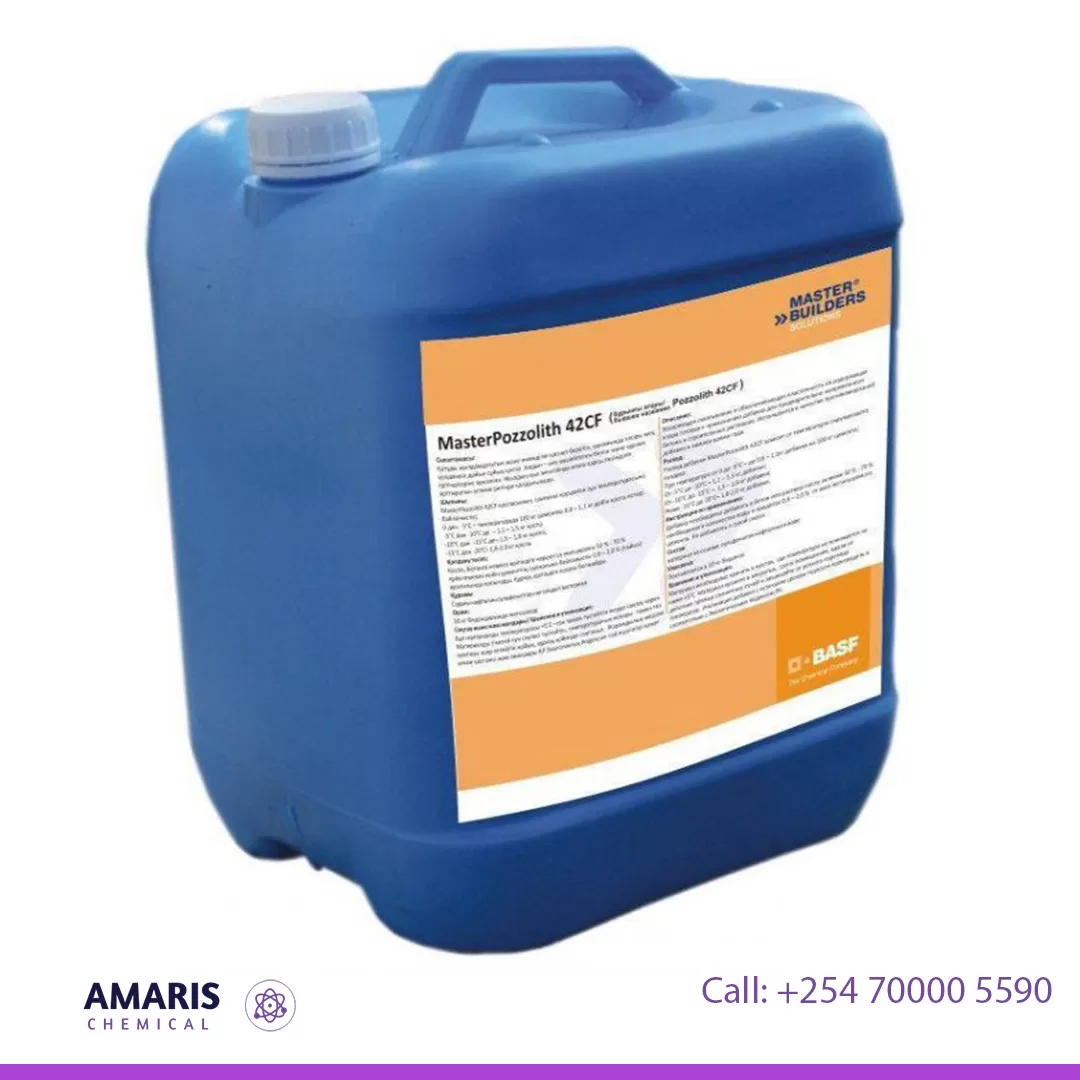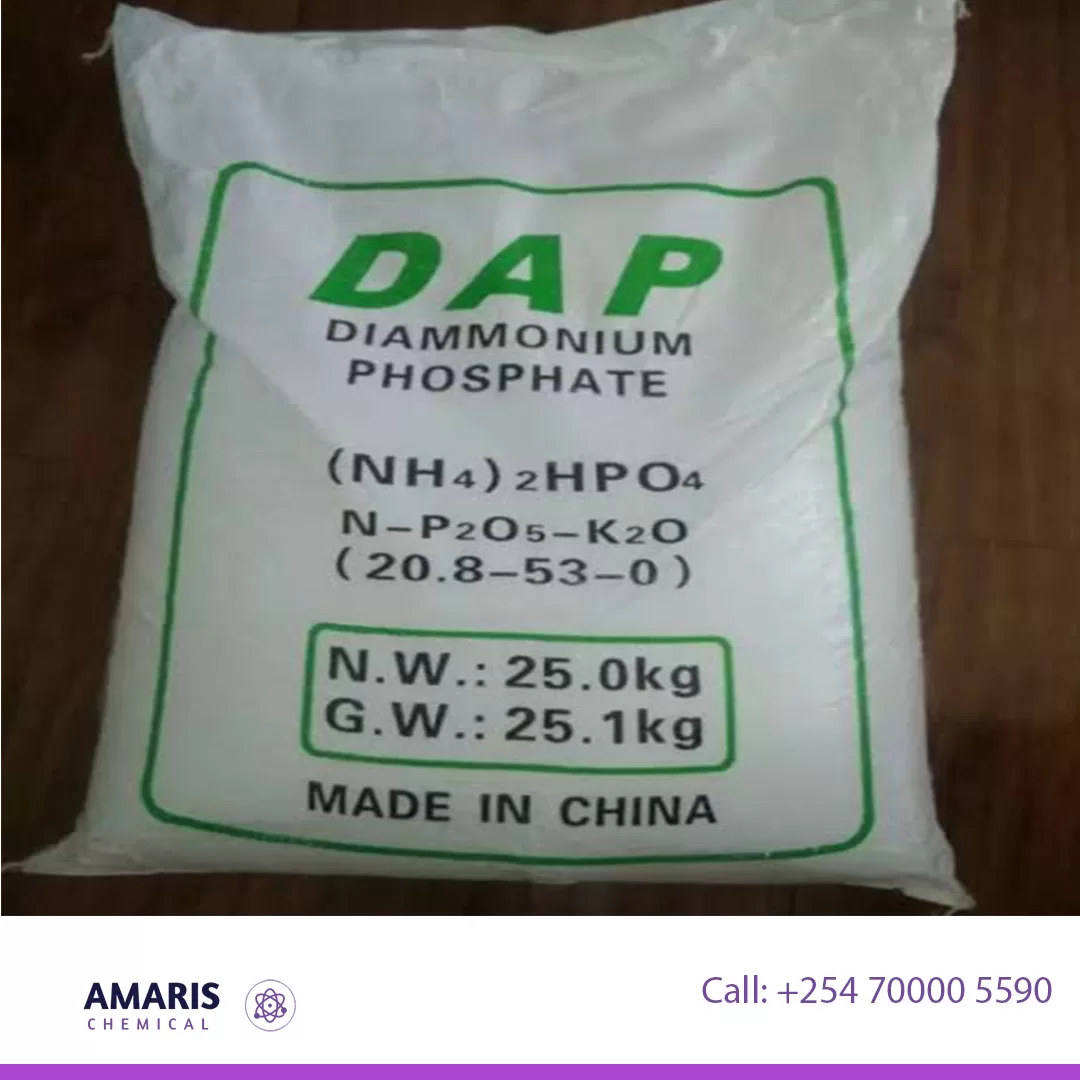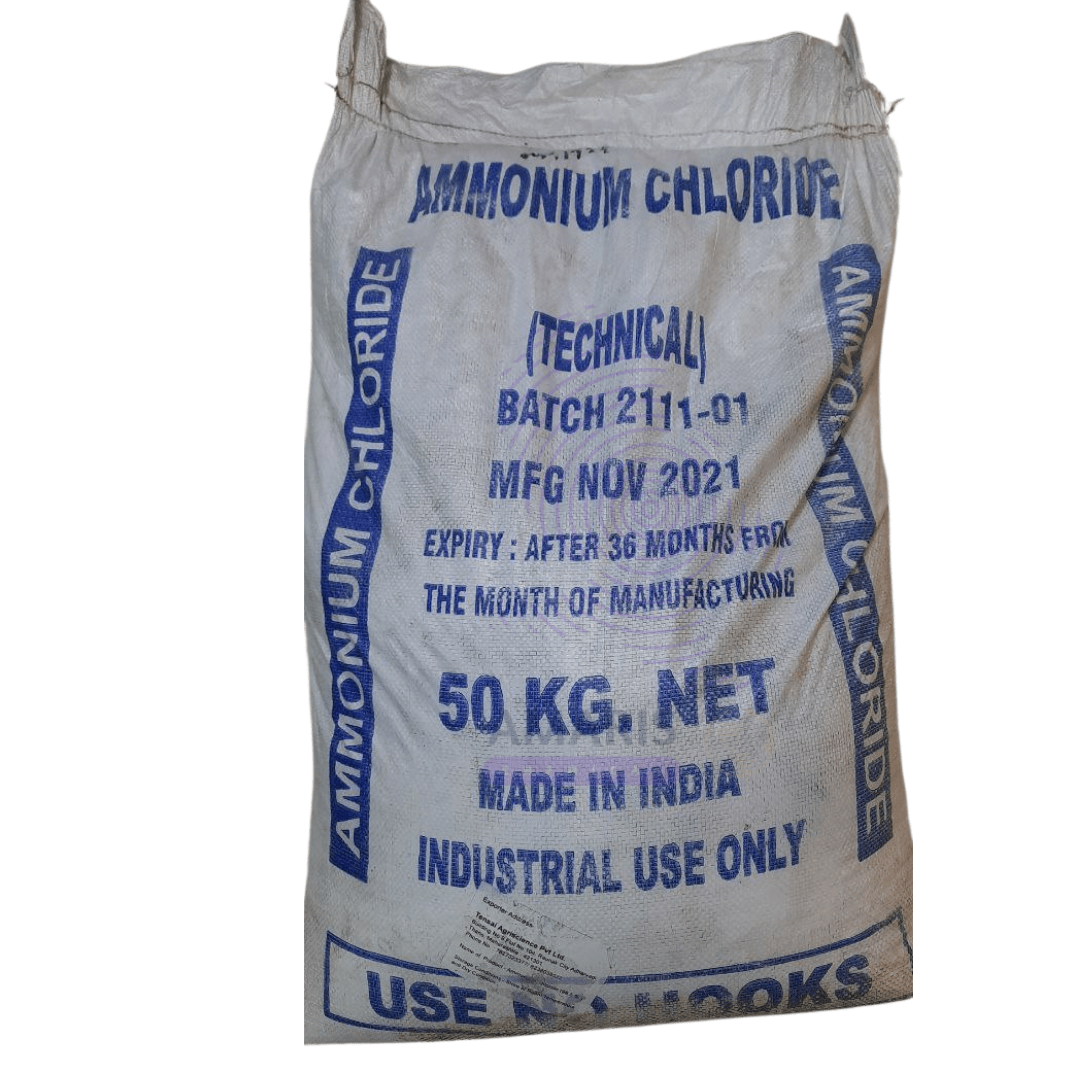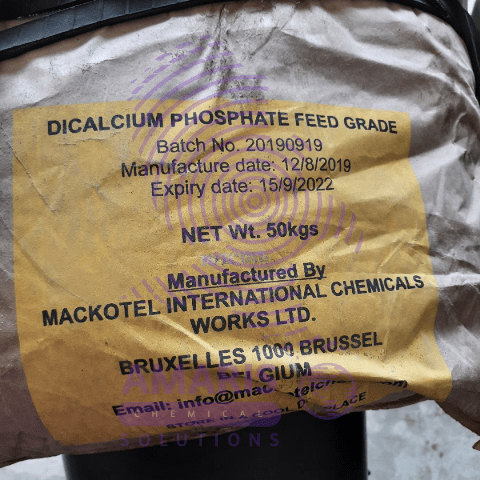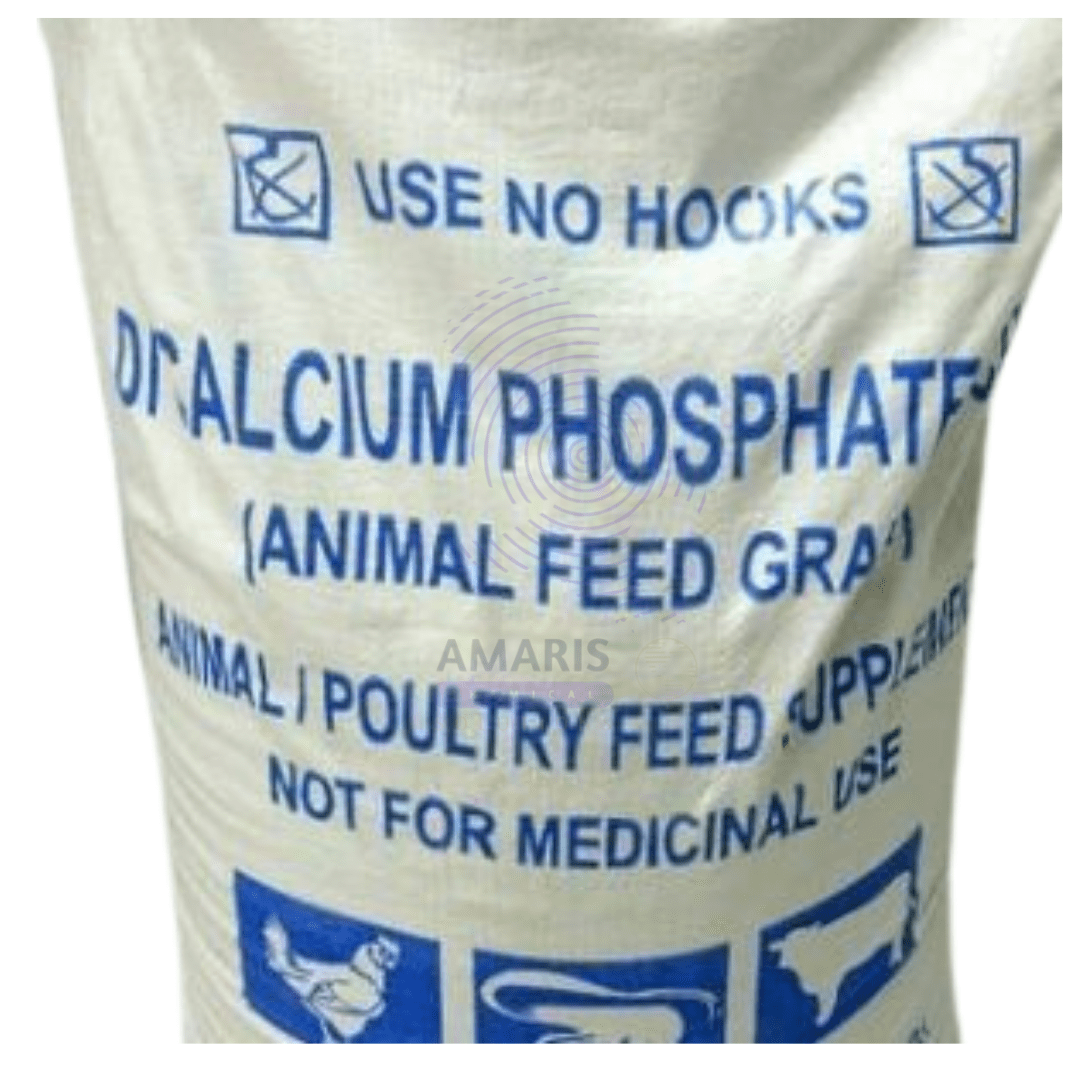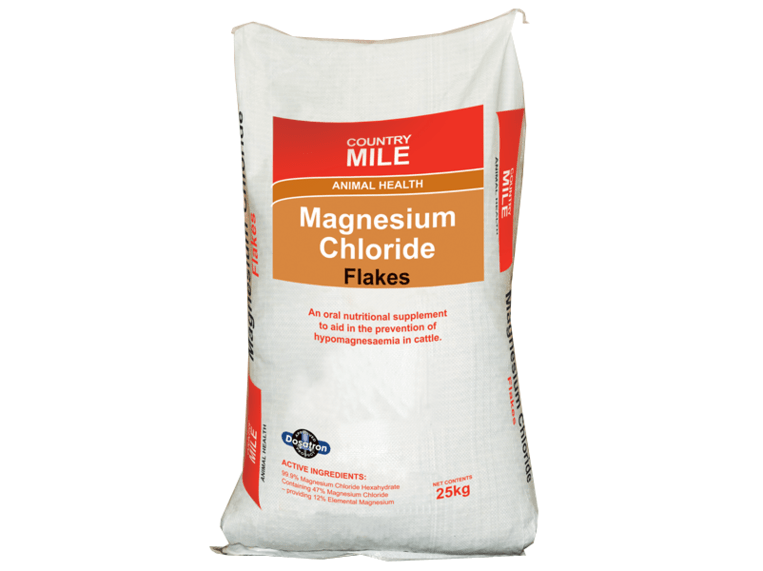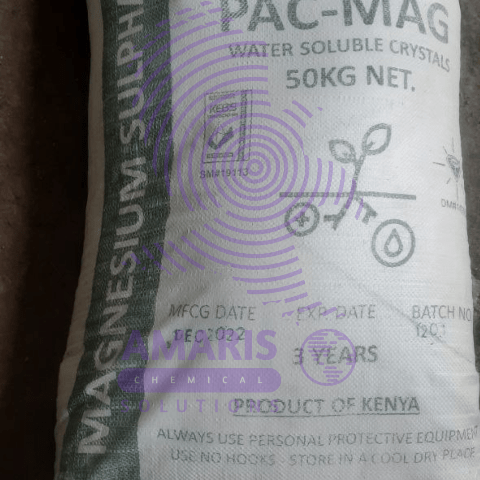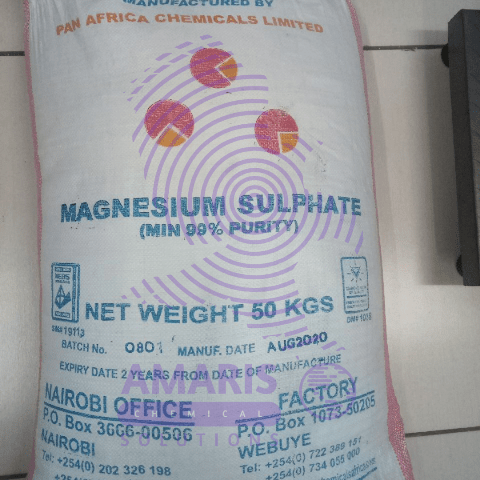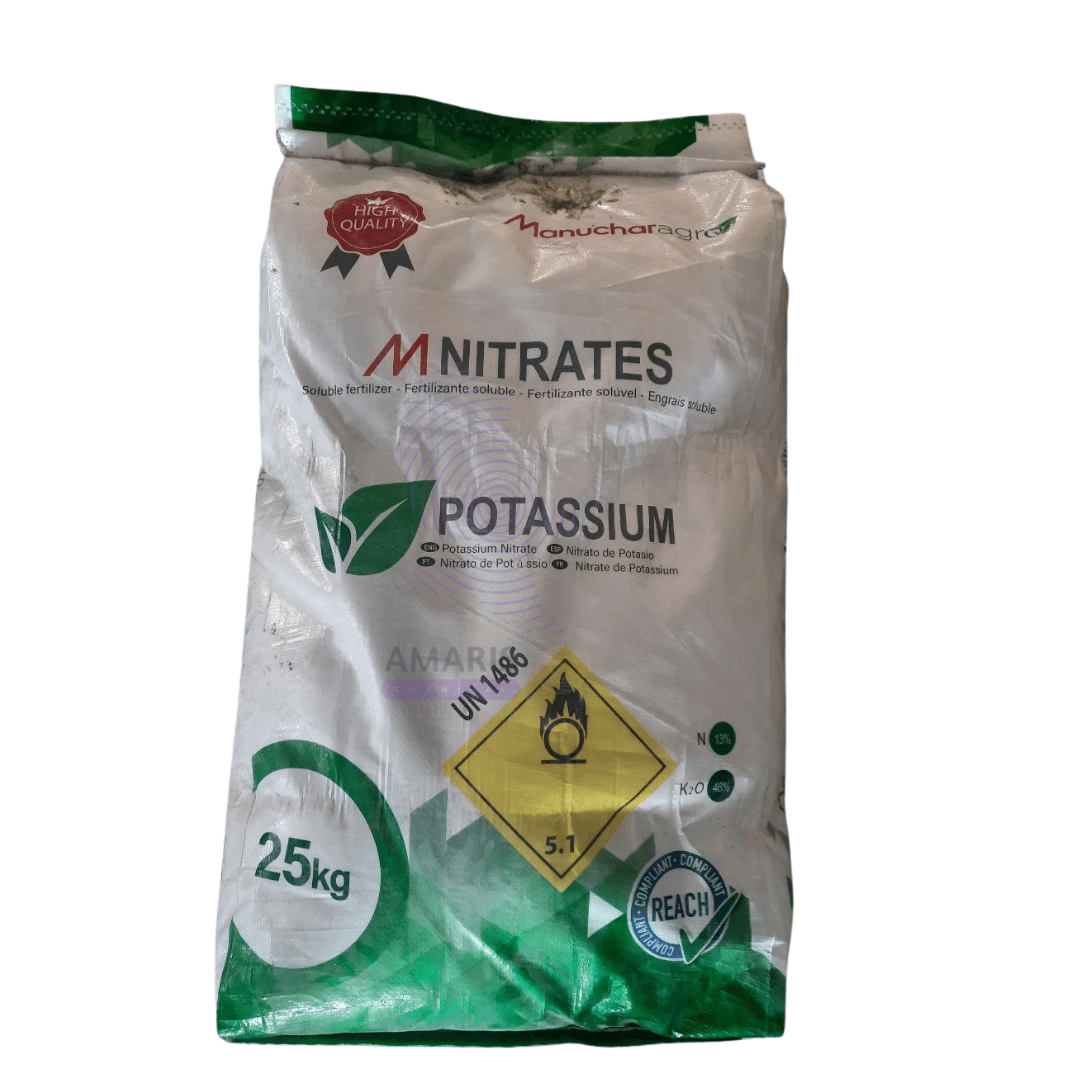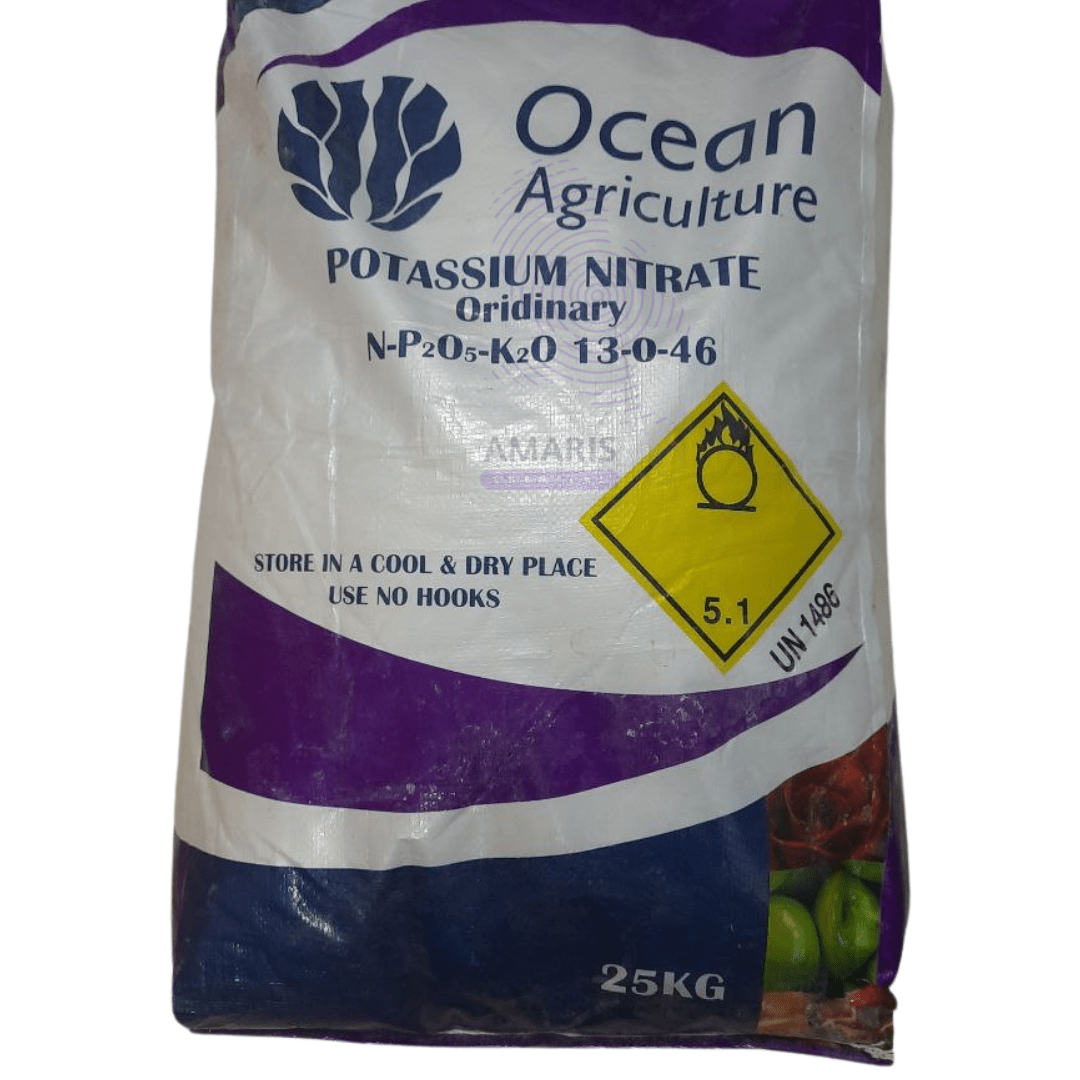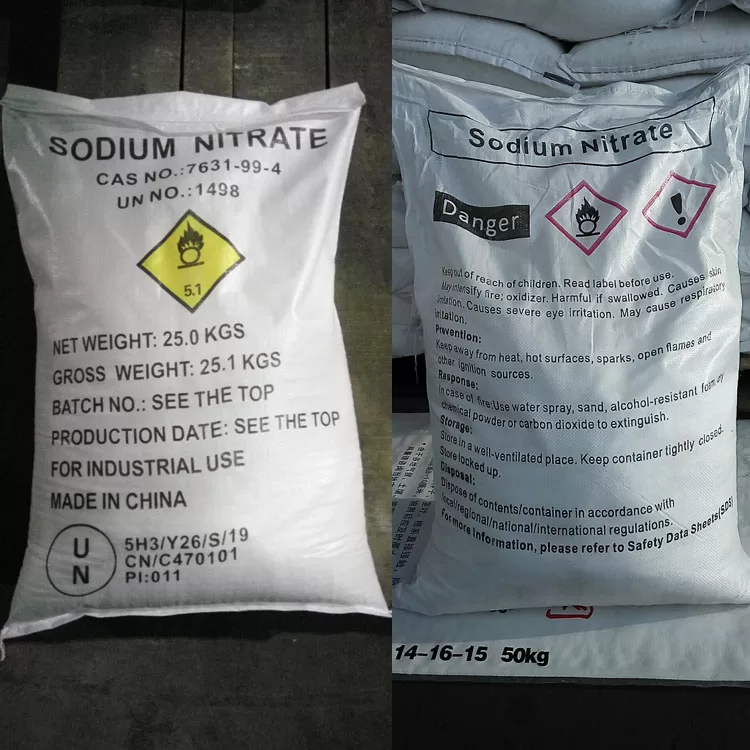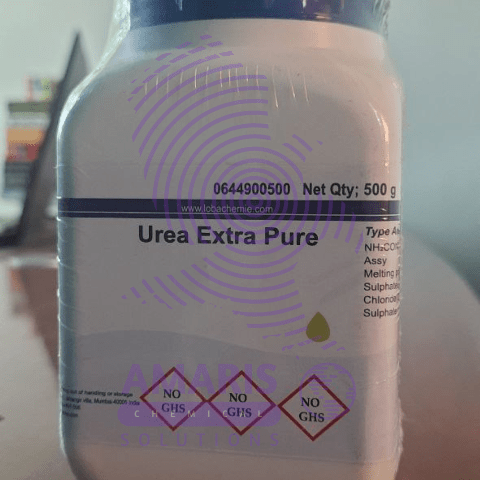“Ferrous Sulphate Heptahydrate 25kg” has been added to your cart. View cart
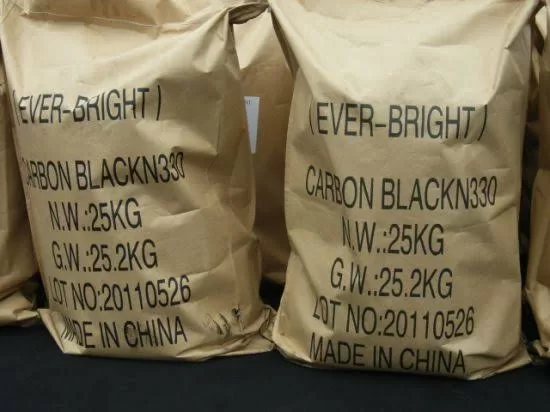
Carbon black N330 25kg
$0.01 Original price was: $0.01.$0.00Current price is: $0.00.

Urea 50 kg
$8,500.00 Original price was: $8,500.00.$7,000.00Current price is: $7,000.00.
Diammonium phosphate (DAP)
$5,500.00 Original price was: $5,500.00.$5,000.00Current price is: $5,000.00.
SKU:
ACS75981CHEM0
Category: Fertilizers
Shipping & Delivery


MAECENAS IACULIS
Vestibulum curae torquent diam diam commodo parturient penatibus nunc dui adipiscing convallis bulum parturient suspendisse parturient a.Parturient in parturient scelerisque nibh lectus quam a natoque adipiscing a vestibulum hendrerit et pharetra fames nunc natoque dui.
ADIPISCING CONVALLIS BULUM
- Vestibulum penatibus nunc dui adipiscing convallis bulum parturient suspendisse.
- Abitur parturient praesent lectus quam a natoque adipiscing a vestibulum hendre.
- Diam parturient dictumst parturient scelerisque nibh lectus.
Scelerisque adipiscing bibendum sem vestibulum et in a a a purus lectus faucibus lobortis tincidunt purus lectus nisl class eros.Condimentum a et ullamcorper dictumst mus et tristique elementum nam inceptos hac parturient scelerisque vestibulum amet elit ut volutpat.
Related products
Ammonium chloride 50kg
Ammonium chloride is an inorganic compound with the chemical formula NH4Cl. It is a white crystalline salt that is highly soluble in water and has a salty taste. Ammonium chloride is often used in various industrial and laboratory applications, including as a flux in soldering, as a nitrogen source in fertilizers, and as a component in dry cell batteries. It can also be used in medicine as an expectorant to help thin and loosen mucus in the respiratory system
Dicalcium phosphate 25kg
Dicalcium phosphate is a chemical compound with the formula CaHPO4. It is commonly used as a dietary supplement for its high calcium content, as well as a food additive and a pharmaceutical excipient. Dicalcium phosphate can be produced by reacting calcium carbonate or calcium hydroxide with phosphoric acid. It exists in various forms, including anhydrous and dihydrate, and is commonly used in the production of fertilizers, animal feed, and dental products.
Magnesium chloride
Magnesium chloride is an inorganic compound with the chemical formula MgCl2. It is a crystalline salt that is composed of magnesium and chloride ions. In its solid form, it appears as a white or colorless crystalline powder. Magnesium chloride is highly soluble in water and forms hydrated forms, such as magnesium chloride hexahydrate (MgCl2·6H2O), which is commonly used in various applications.
Magnesium chloride is primarily obtained from natural sources, such as brine deposits or seawater, and it can also be produced by chemical processes. It has a wide range of uses in various industries and applications. It is commonly employed as a deicing agent for roads and highways during winter, as it effectively lowers the freezing point of water. In addition, it is used in the production of magnesium metal, as a component in the preparation of tofu, as a dust suppressant, and as a nutrient supplement in agriculture and animal feed.
Medically, magnesium chloride can be utilized as a mineral supplement for individuals with magnesium deficiencies. It may also be administered intravenously in certain medical treatments. Furthermore, magnesium chloride has been explored for its potential therapeutic benefits, such as in the management of asthma, constipation, and magnesium deficiency-related conditions.
Overall, magnesium chloride is a versatile compound with various practical applications across different industries, while also offering potential health benefits.
Magnesium sulphate 50kg epsom salt
Magnesium sulphate, also known as Epsom salt, is a chemical compound that consists of magnesium, sulfur, and oxygen. It is a crystalline substance that is commonly used in bath salts and as a natural remedy for various ailments. The name "Epsom salt" is derived from the town of Epsom in Surrey, England, where the compound was first discovered in natural mineral springs. Epsom salt has a variety of uses, including as a laxative, a muscle relaxant, and a treatment for skin conditions such as eczema and psoriasis. It can also be used as a fertilizer for plants
Phosphoric acid Technical Grade 30kg
Phosphoric acid is a clear, colorless, and odorless mineral acid with the chemical formula H3PO4. It is a triprotic acid, which means that it can donate three protons (hydrogen ions) per molecule when dissolved in water. Phosphoric acid is commonly used in the production of fertilizers, detergents, and food additives, as well as in various industrial applications, such as rust removal and metal surface treatment. It is also used in the production of soft drinks, where it gives a tart flavor and acts as a preservative.
Potassium Nitrate 25kg
Potassium nitrate, also known as saltpeter, is a chemical compound with the molecular formula KNO3. It is a crystalline salt that is commonly used in the production of fertilizers, fireworks, and as a food preservative. Potassium nitrate is composed of potassium ions (K+) and nitrate ions (NO3-), and is typically a white or colorless solid that is soluble in water. Its chemical properties make it useful in a variety of applications, ranging from agriculture and horticulture to the production of gunpowder and rocket fuel.
Sodium Nitrate 25kg
Sodium nitrate (NaNO2) is a chemical compound used primarily as a food additive (E250) to prevent botulism. It's also used in various industrial applications, including as a precursor to other chemicals and in some pharmaceuticals. In food preservation, it helps inhibit bacterial growth and contributes to the characteristic flavor and color of cured meats like bacon, ham, and hot dogs. However, excessive consumption of sodium nitrite has been associated with health concerns, such as potentially forming nitrosamines which are carcinogenic. Therefore, its use in food products is regulated to ensure safe levels are maintaine
Urea 500gm
Urea is an organic compound with the chemical formula CO(NH₂)₂. It is a colorless, odorless solid, highly soluble in water, and practically non-toxic. Here are some key points about urea:
Chemical Properties:
- Formula: CO(NH₂)₂
- Molecular Weight: 60.06 g/mol
- Structure: Urea consists of two amine groups (-NH₂) attached to a carbonyl group (C=O).

